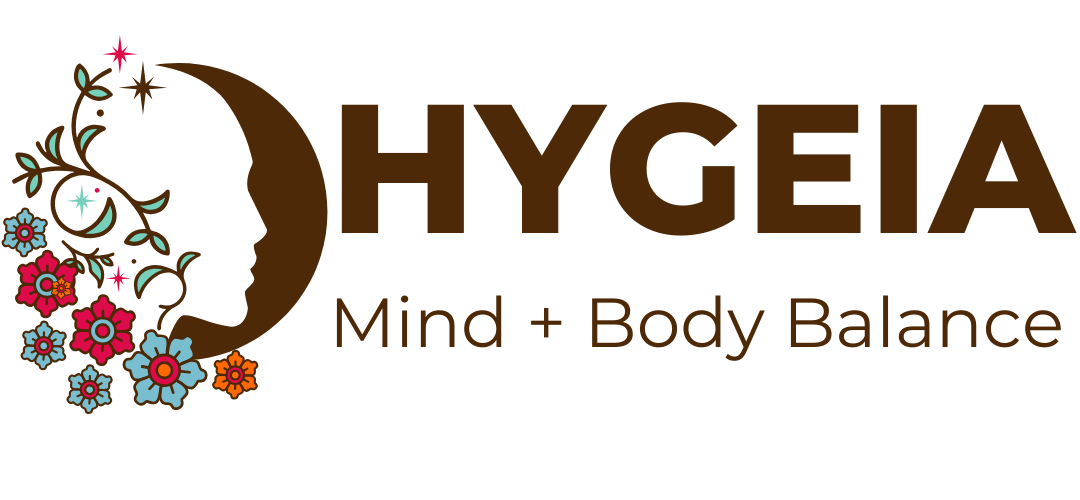

adverse childhood experiences
About
Adverse Childhood Experiences (ACEs) refer to traumatic events occurring in one’s childhood, including instances of abuse (physical, emotional, or sexual), neglect (physical or emotional), and household dysfunction (such as witnessing domestic violence, substance abuse within the household, mental illness, parental separation or divorce, or incarceration of a family member). These experiences can have profound effects on a child’s developing brain and body, potentially leading to a wide range of outcomes that can affect health, behavior, and opportunities throughout life.
Studies have shown that ACEs are unfortunately common, with many individuals having experienced at least one form of adverse childhood event. The impact of these experiences can be far-reaching, increasing the risk of various health issues, such as mental health disorders, substance abuse, and chronic physical illnesses, as well as affecting educational attainment, employment opportunities, and the ability to form healthy relationships.
Recognizing and addressing ACEs is crucial in mitigating their long-term effects and supporting the healing process. Our approach to supporting individuals with ACEs involves creating a safe and understanding environment where these experiences can be openly discussed and processed. We emphasize the importance of compassionate support, therapeutic interventions, and resilience-building strategies to help individuals understand and overcome the impacts of their early adversities.
signs and symptoms
anxiety
depression
insomnia
phobias
substance abuse
PTSD symptoms
